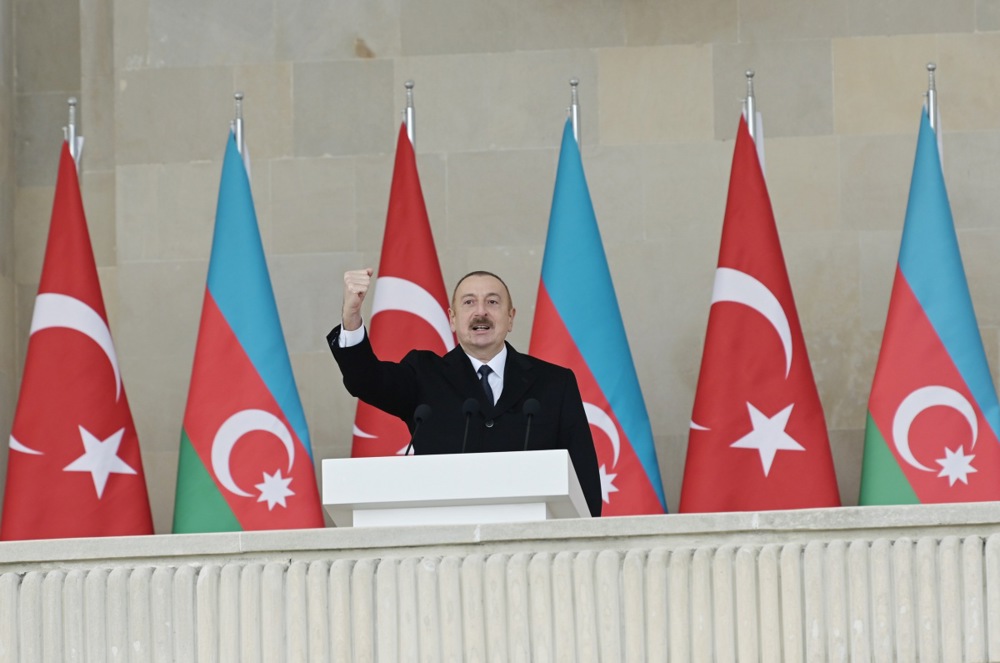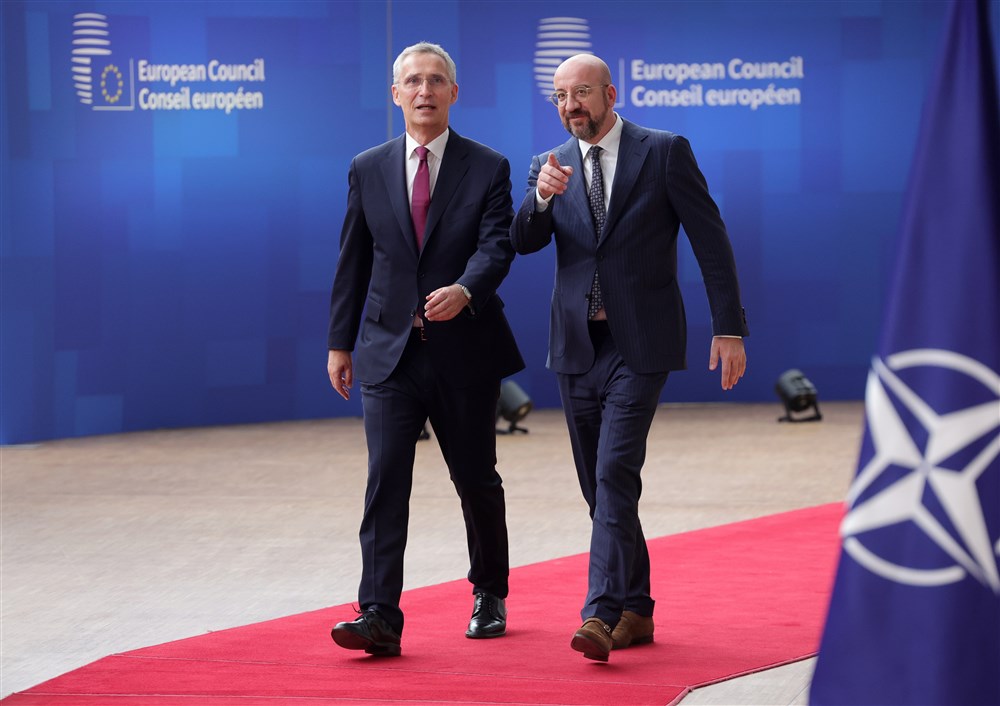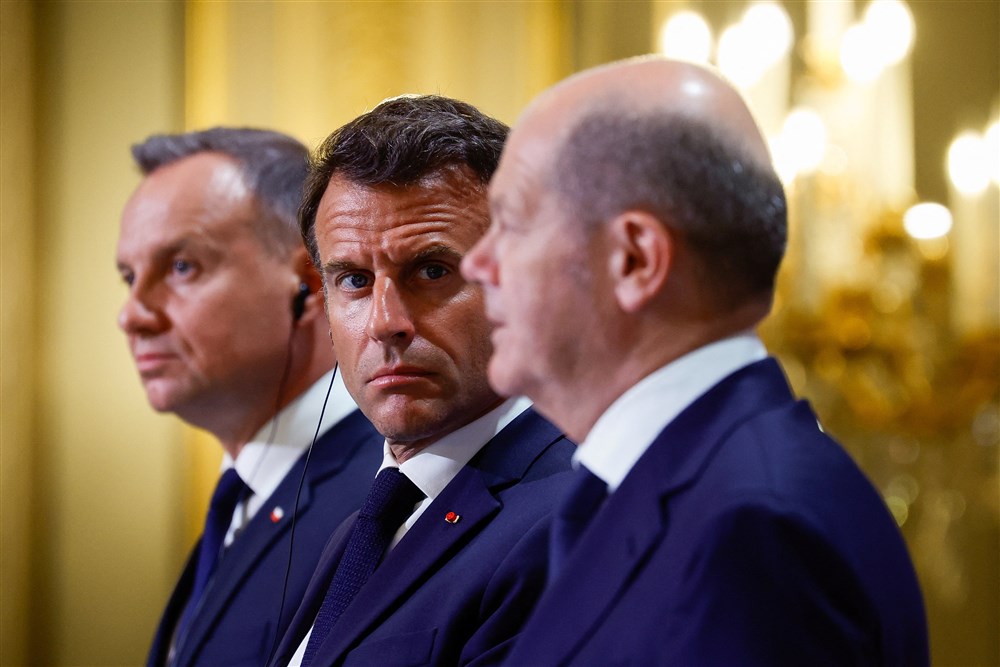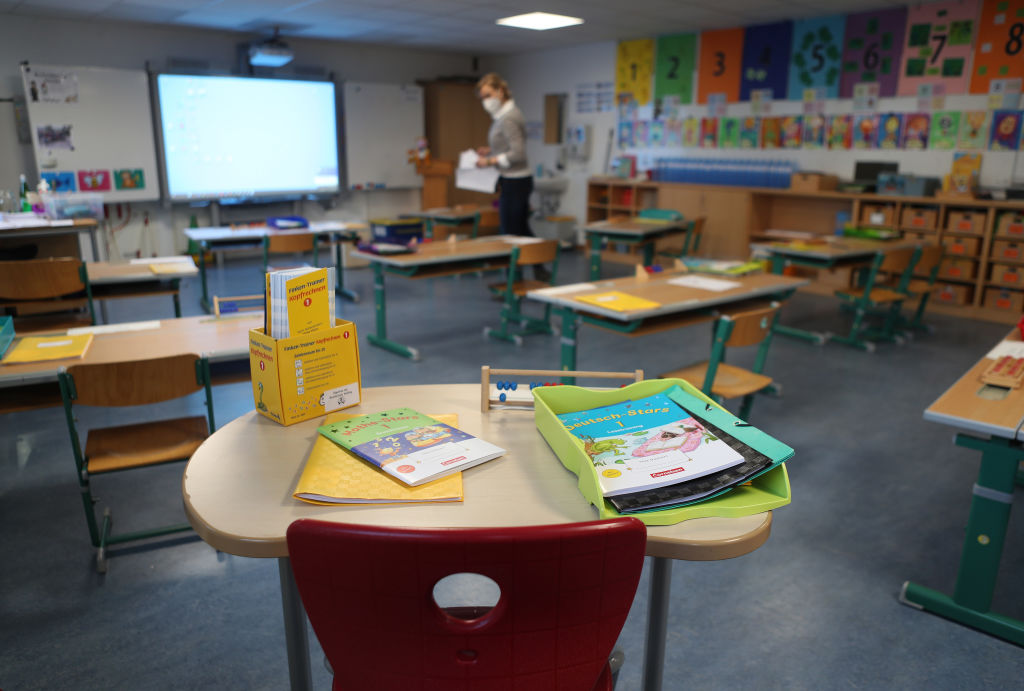People are reported to be fainting in food queues in the besieged enclave of Nagorno-Karabakh, as the situation becomes more desperate.
After seven months of blockade by Azerbaijan, vital supplies are now running out for the region’s 120,000 residents.
The Azerbaijani Government has cancelled peace talks that were due to take place on August 1 in Bratislava.
Armenian sources claimed that was because the Azerbaijani Government insisted that talks between representatives of the Nagorno-Karabakh region should take place in an Azerbaijani city and not in a neutral foreign one.
Nagorno-Karabakh, called Artsakh in Armenian, is a small ethnic Armenian enclave within Azerbaijan. It is run by the officially unrecognised Republic of Artsakh and backed by leaders in the Armenia capital Yerevan.
It was created in the early 1990s when the region was occupied by Armenian troops after the first Nagorno-Karabakh war.
In 2020 Azerbaijani forces struck back and surrounded the ethnically Armenian area. Authorities in Azerbaijan’s capital Baku insist that the region is rightfully theirs and its inhabitants are Azerbaijani citizens, and they are determined not to legitimise the Armenian leaders in Nagorno-Karabakh.
This has gridlocked peace talks, as Yerevan’s insistence that Nagorno-Karabakh receive “special autonomy, minority rights, and international guarantees for its Armenian population” have been repeatedly slapped down by Azerbaijan.
Baku insists that any such decisions should be strictly internal matters and that is why peace talks with the Nagorno-Karabakh authorities should take place within Azerbaijan.
The Russian-brokered peace deal that brought an end to the 2020 war created the neutral Lachin Corridor between Nagorno-Karabakh and Armenia proper. This is the enclave’s sole supply route to the external world.
Starting in December 2022 the route was partly blocked and in the past seven months the restrictions have become tighter.
On July 27, Armenia sent a humanitarian convoy of 19 trucks, containing 400 tons of essential foods, to Nagorno-Karabakh. Baku stopped that delivery at the Lachin Corridor checkpoint, claiming it was a “provocation” by Armenia.
As of writing, the convoy has remained halted at the border post for almost seven days.
❗️For 6 days #Azerbaijan has halted delivery of 400 tons of humanitarian aid to #NagornoKarabakh ppl.
❗️For 232 days
Azerbaijan has closed #LachinCorridor-only road connecting NK to #Armenia & entire world, leaving them in severe hunger & deprivation.#OpenLachinCorridor pic.twitter.com/o0GGB0Nyx6— Vahan Kostanyan (@VahanKostanyan) July 31, 2023
The blockade of the Lachin route has intensified further; it now appears that the even the Red Cross will not be able to evacuate critically ill residents of the region.
On July 29, Azerbaijani forces arrested a 68-year-old patient as he was being evacuated along with 15 others through the Lachin Corridor. Azerbaijani authorities claimed the patient, Vagif Khachatryan, was involved in war crimes in the 1990s conflict.
The picture remains unclear. One Azerbaijani source said it was possible Khachatryan was involved in war crimes but that “it is difficult to say” because Azerbaijan does not operate an “objective” court system.
Since the vast majority of the male population of Nagorno-Karabakh have been involved in the military in some form, the arrest sets a potential precedent, since Azerbaijan considers the breakaway Republic of Artsakh troops to be “illegal armed formations”.
During a meeting with their Turkish counterparts on August 1, representatives of the Azerbaijani Government also lambasted the Armenians over what they claimed are military provocations.
Many in the West are growing increasingly critical of Azerbaijan’s actions.
Echoing earlier calls made by the European Union to re-open the Lachin Corridor, US Secretary of State Antony Blinken also called on Azerbaijani President Ilham Aliyev to do likewise.
I spoke to Azerbaijani President Aliyev yesterday to express our deep concern for the deteriorating humanitarian conditions in Nagorno-Karabakh. The United States urges all sides to continue dialogue to reach a durable peace agreement.
— Secretary Antony Blinken (@SecBlinken) July 30, 2023
Several international organisations have warned that ethnic Armenian inhabitants in the Nagorno-Karabakh are now in danger of genocide.





